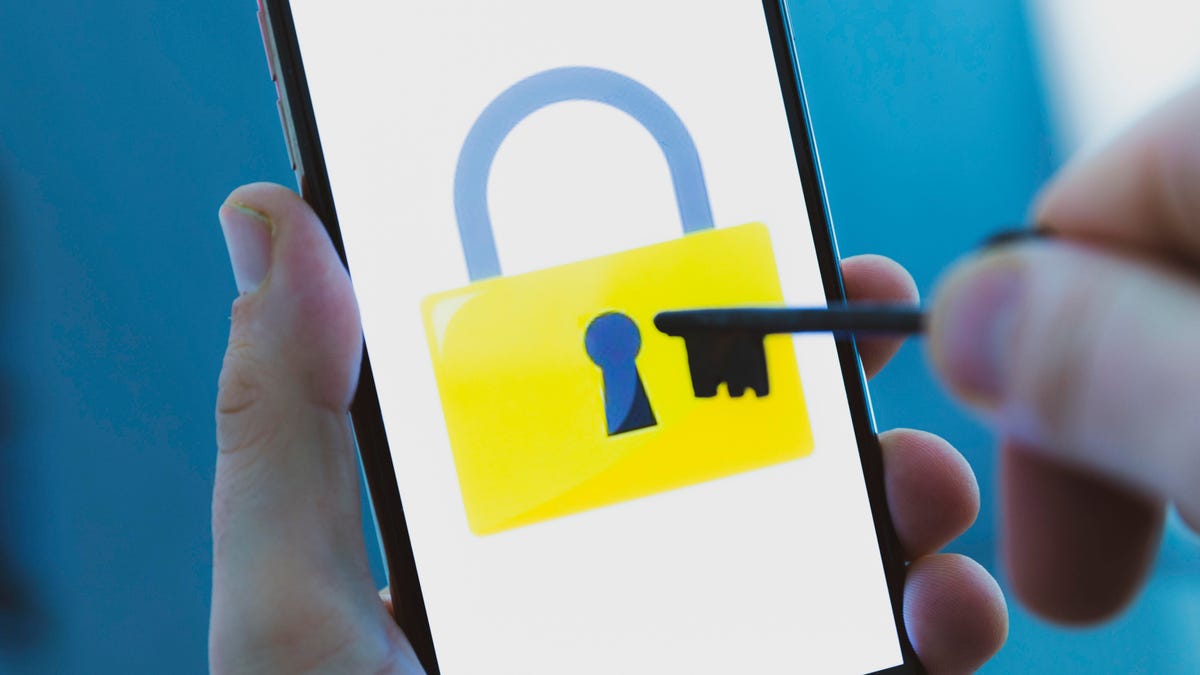Security firm Cellebrite says it can unlock any iPhone
Apple seemingly can't stop law enforcement from getting into its phones.

A security company says it can unlock any iOS device.
Apple continued its security push this month during its WWDC event, where the iPhone maker unveiled new iOS features designed to keep your data private. One security company, however, says it can unlock all Apple devices and extract the data.
Israel-based Cellebrite says on its website that it can "bypass or determine locks and perform a full file system extraction on any iOS device." The company offers support for Apple devices running iOS 7 to iOS 12.3, which the iPhone maker released in September. Cellebrite also says it can do a physical or full file system extraction from high-end Android devices from Samsung , Motorola , Huawei , LG and Xiaomi.
"Our solutions help law enforcement and other government entities create safer communities and protect their citizens," Mark Gambill, chief marketing officer for Cellebrite, said in an emailed statement Monday. "Cellebrite enables agencies across the globe to accelerate investigations and develop an objective picture based on the digital evidence."
Cellebrite made news in 2018 after reports that the company, which works with US law enforcement agencies including the FBI and ICE, could unlock some Apple devices.
In 2016, Apple and the FBI were in a legal battle over the iPhone maker's refusal to unlock an iPhone 5C used by a shooter in the 2015 terrorist attack in San Bernardino, California. The law enforcement agency was able to unlock the iPhone thanks to a third party, which some reports say was Cellebrite.
Apple didn't immediately respond to a request for comment.
Originally published on June 17.
Update, June 18: Adds quote from Cellebrite.

